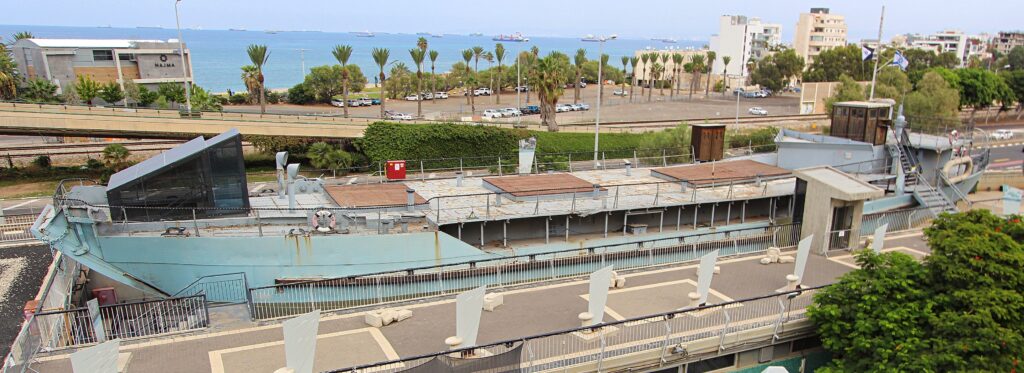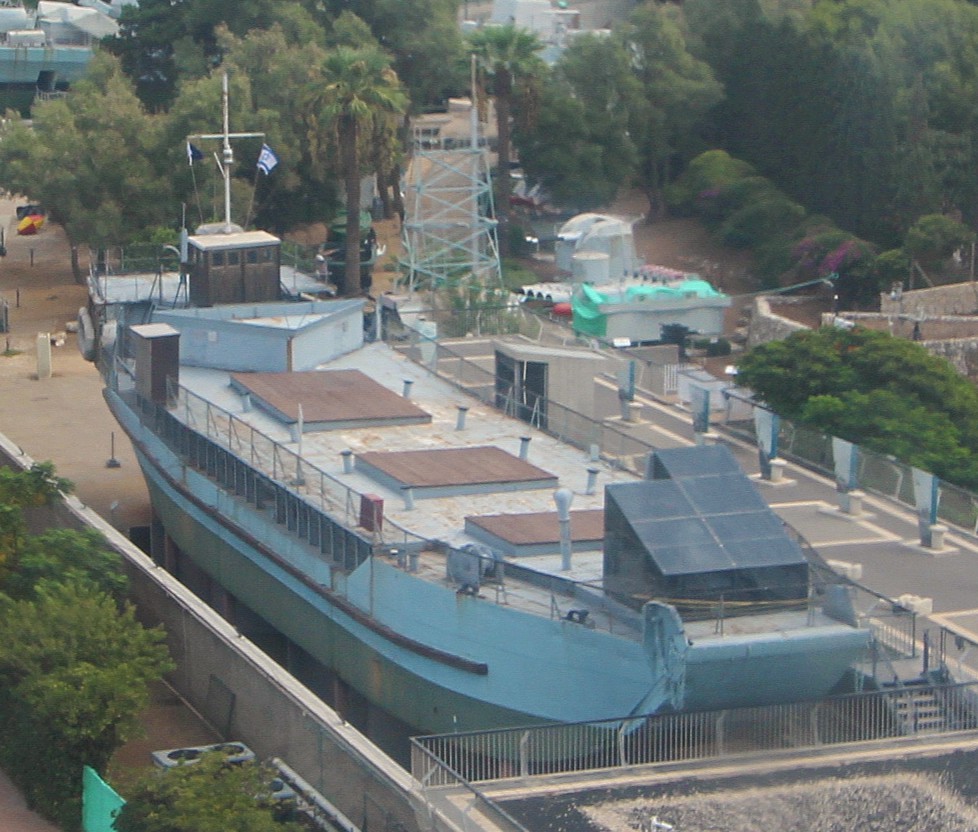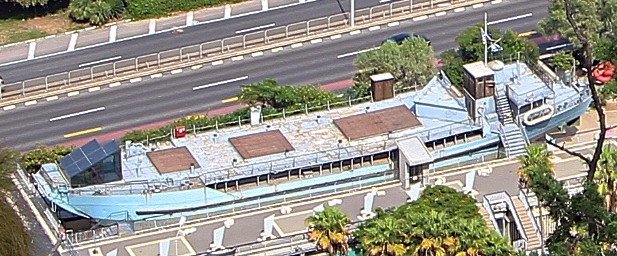
The best seller novel “Exodus” by Leon Uris is based on a true story. It was later made into a movie staring Paul Newman. The movie was a very scaled back, almost bare bones, account of the book. Needless to say, I suggest reading the book and skipping the movie. The book tells the fascinating story of a single ship of Jewish refugees fleeing the horrors of Nazi Europe after the conclusion of World War II. This refugee ship used a plan developed by the pre-Israel government that outsmarted and embarrassed the might of Briton.
The region of Palestine from 1917 to 1948 was ruled by the British military under a charter granted by the United Nations. This period of history is called the British Mandate period. In its beginning Jewish immigration was without restraint. But after a few years strict limitations were imposed which became more and more draconian until immigration was practically impossible. The Jews, justifiably wanting to leave the horrors of Europe, felt they had no choice but to violate the restrictions.
In response the British Navy blockaded Palestine and all immigrants were deported to Cyprus and placed in a few detention/concentration camps. While these camps were not the death camps of the Nazi holocaust, they were too similar in construction, basic supplies, and restrictions to be endured. So in brief, the Hagannah (the forerunner of the Israel Defense Force) engineered a clever breakout of mostly children and youth, placed these refugees on a ship, and invited the world press to come and watch what would happen. After a long standoff with the British military, world pressure forced the British to release the ship and allow it to sail unhindered to Haifa. That’s it in brief, but the details expounded in the book make it an amazing story.
The actual ship of the true life adventure of these refugee children is on display in Haifa at the Clandestine Immigration and Naval Museum. The ship looks as bad to live on and cross the open sea on as the book describes.
On 14 May 1948, the British Mandate ended and the independent nation of Israel came into being. On that day (and not before) Jewish immigration became unrestricted. Those left in the Cyprus concentration camps immigrated as fast as ships became available to transport them.
Note: While the British Mandate extended over a territory called Palestine, at no time in history has there ever been an independent country called Palestine. The term was given to the region by the Roman Empire after the 2nd Jewish Rebellion (135 AD) in order to disassociate the Jews from their homeland and any further political aspirations the Jews may have had against Rome. The administrative name of Palestine remained through successive empires until 1948. In 1947 the United Nations divided Palestine into a Jewish Nation and an Arab Nation. The Jews accepted the proposal and created Israel, but the Arabs rejected the UN proposal wanting all or nothing, and ended up with nothing. An independent nation of Palestine alongside Israel has been offered and turned down in 1938, 1947, 1967, and in the Oslo talks of 1993-2001 (at both Camp David and Taba, Egypt). Several attempts to restart the talks since then have all failed. The proposed establishment of a Palestinian state each of these times has been rejected by Palestinian leaders. Unfortunately, history is not something the world press is very good at remembering (if they ever knew it in the first place)….
All the above are facts. Now for my opinion. I have known both Palestinians (Muslim and Christian) and Israelis (Jews and Druze) who are “the salt of the earth,” really good people. I have also met some of both groups that are not nice people. My heart goes out to those on both sides of the political/national divide who are now suffering. My sincere hope is for a lasting peace and friendship between the two peoples with both having their political and human rights respected. The tricky part will be establishing borders that both can agree on, and bypassing corrupt leaders who financially benefit from the status quo and have so far prevented a lasting peace.


< Previous post on Saint Paul at Petra, Jordan
Next post on “Thou Art The Christ, The Son of The Living God.” Caesarea Philippi >
Return to the Home Page